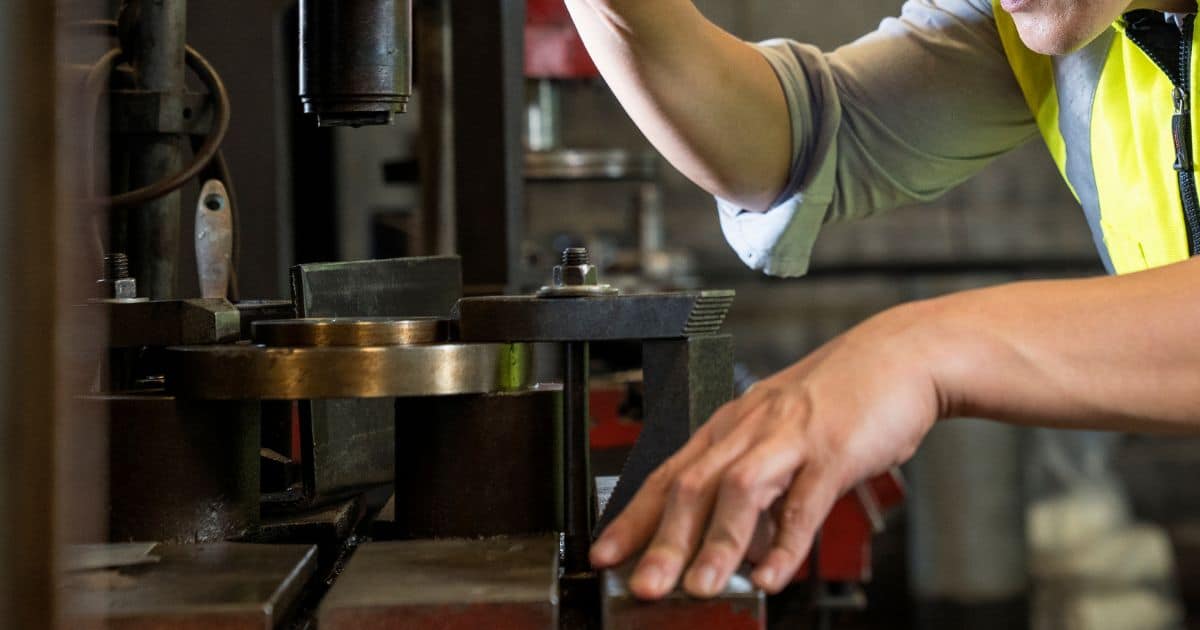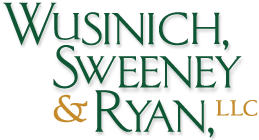
In many industries, machines are crucial in enhancing productivity and efficiency. However, the benefits of machine use come with inherent risks that can pose serious and sometimes deadly threats to the workers who operate them. Fortunately, employers can implement machine guarding, a fundamental safety measure used across various sectors to mitigate these risks and create a safer work environment.
Machines cause over 18,000 injuries, such as lacerations, amputations, and crushing injuries, in the United States each year. Machine guarding refers to the protective barriers and devices installed on machinery to prevent access to the machine’s hazardous areas. This reduces workplace accidents and injuries by minimizing the potential for a worker to come into contact with moving parts, electrical components, and other dangerous machine elements.
The Occupational Safety and Health Administration (OSHA) requires employers to follow regulations pertaining to machines and machine guarding. Types of machine guarding include:
- Physical barriers: The most common form of machine guarding involves installing physical barriers around the machinery. These barriers can be fixed, movable, or adjustable, depending on the specific requirements of the equipment and the tasks performed. Examples include fences, enclosures, and cages that prevent direct contact with moving parts.
- Interlocking devices: Interlocking devices are designed to stop or prevent the operation of the machine when the guard is not in its proper position. These devices are equipped with sensors that detect the position of the guard, ensuring that the machine cannot operate if the guard is not securely in place.
- Presence-sensing devices: Presence-sensing devices use sensors to detect the presence of a person within a defined area near the machine. If a person enters the hazardous zone, the machine automatically stops or goes into a safe mode. This technology adds an extra layer of protection by minimizing the risk of accidental contact.
- Fixed and adjustable guards: Fixed guards are permanent barriers attached to the machine, providing constant protection. On the other hand, adjustable guards can be moved or repositioned to facilitate maintenance and other necessary tasks. Both types serve to safeguard workers from potential hazards.
What Are the Benefits of Machine Guarding?
The primary purpose of machine guarding is to protect workers from machinery hazards. Machine guarding reduces the likelihood of injuries caused by moving parts, electrical issues, and other risks.
Other than the benefit of better safety for workers, there are other benefits as well, including:
- Compliance with regulations: Many countries and regions have strict regulations and standards in place to ensure workplace safety. Proper machine guarding protects workers and helps organizations comply with these regulations, avoiding legal consequences and penalties.
- Increased productivity: Contrary to the misconception that machine guarding hinders productivity, well-designed guards can enhance efficiency. Workers can confidently operate machinery by minimizing the risk of accidents and injuries, leading to a more productive and focused work environment.
- Cost savings: While implementing machine guarding requires an initial investment, the long-term cost savings associated with reduced injuries and workplace incidents are substantial. Fewer accidents mean lower medical expenses, decreased worker compensation claims, and less downtime for machinery repairs.
- Cleaning: Machine guards make cleaning the machine much easier, as they help prevent sawdust, paint, sparks, and other debris from flying out into the open.
- Morale: Employees may notice that safety is their workplace’s priority when they see that they are properly protected. This increases morale amongst employees, knowing that they are protected from harm.
An Exton Workers’ Compensation Lawyer at Wusinich, Sweeney & Ryan, LLC Will Advocate for You After a Heavy Machinery Accident
Many industries require the use of heavy machinery. However, operating machines safely and without injury requires proper training and skill. If you have been injured at work, contact an Exton workers’ compensation lawyer at Wusinich, Sweeney & Ryan, LLC. Call us today at 610-594-1600 or fill out our online form for a free consultation. Located in Exton, Pennsylvania, we serve clients in Downingtown, West Chester, Exton, Coatesville, Phoenixville, Malvern, Lyndell, Wagontown, Uwchlan Township, Parkesburg, Chester Springs, Lancaster County, Reading, and Morgantown.




